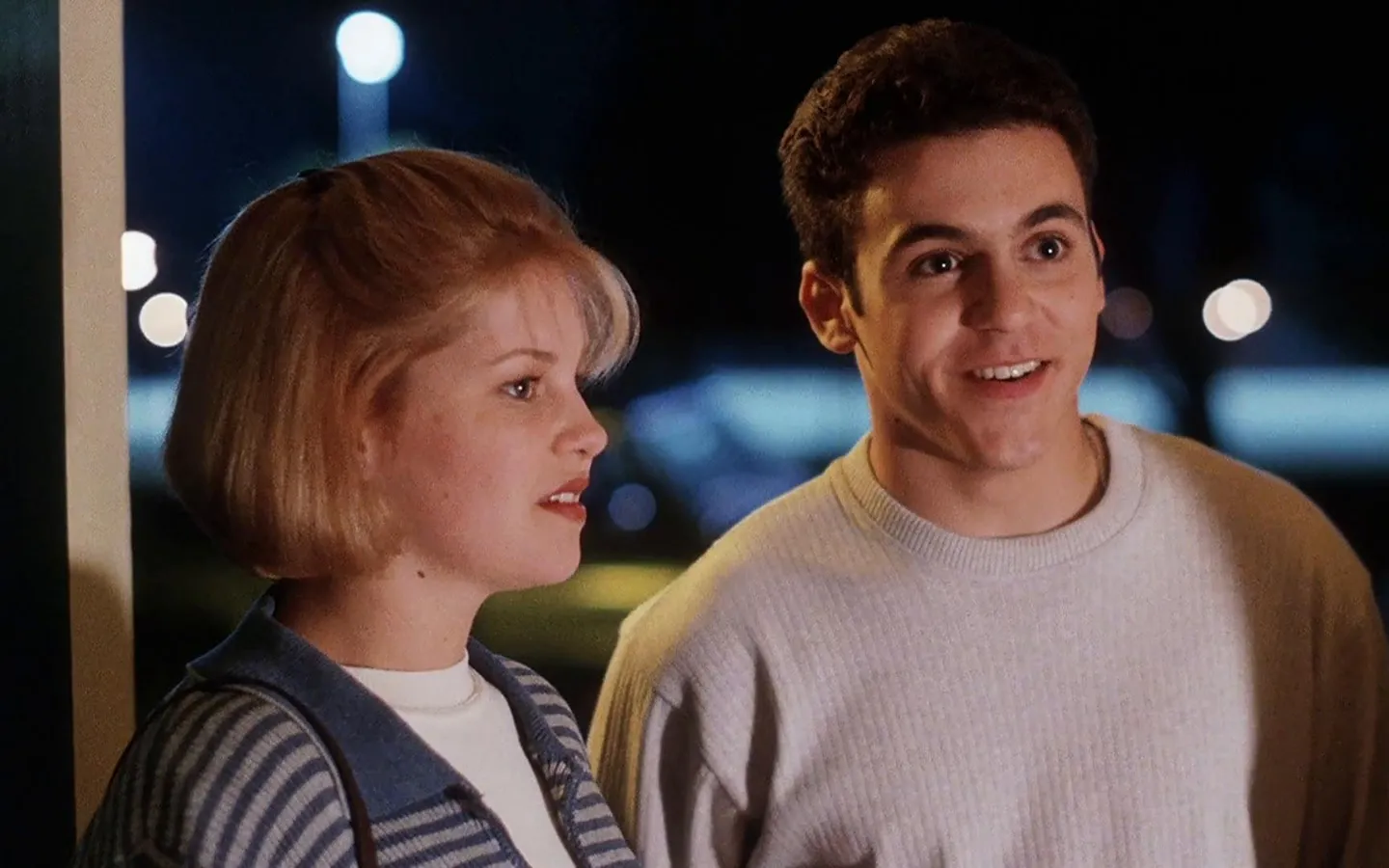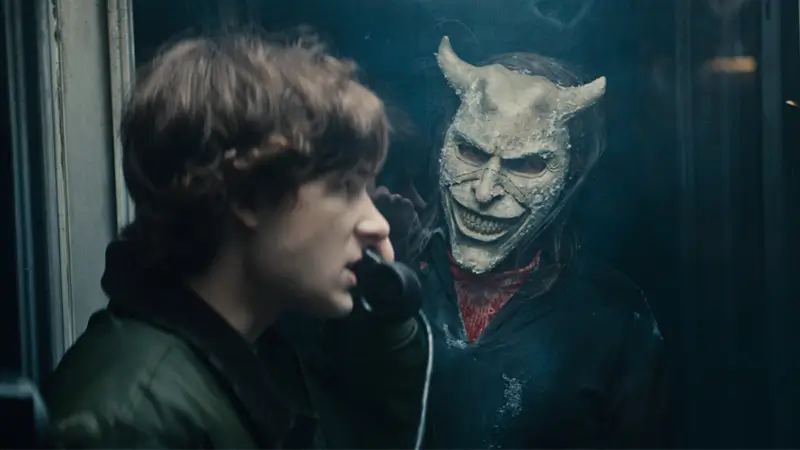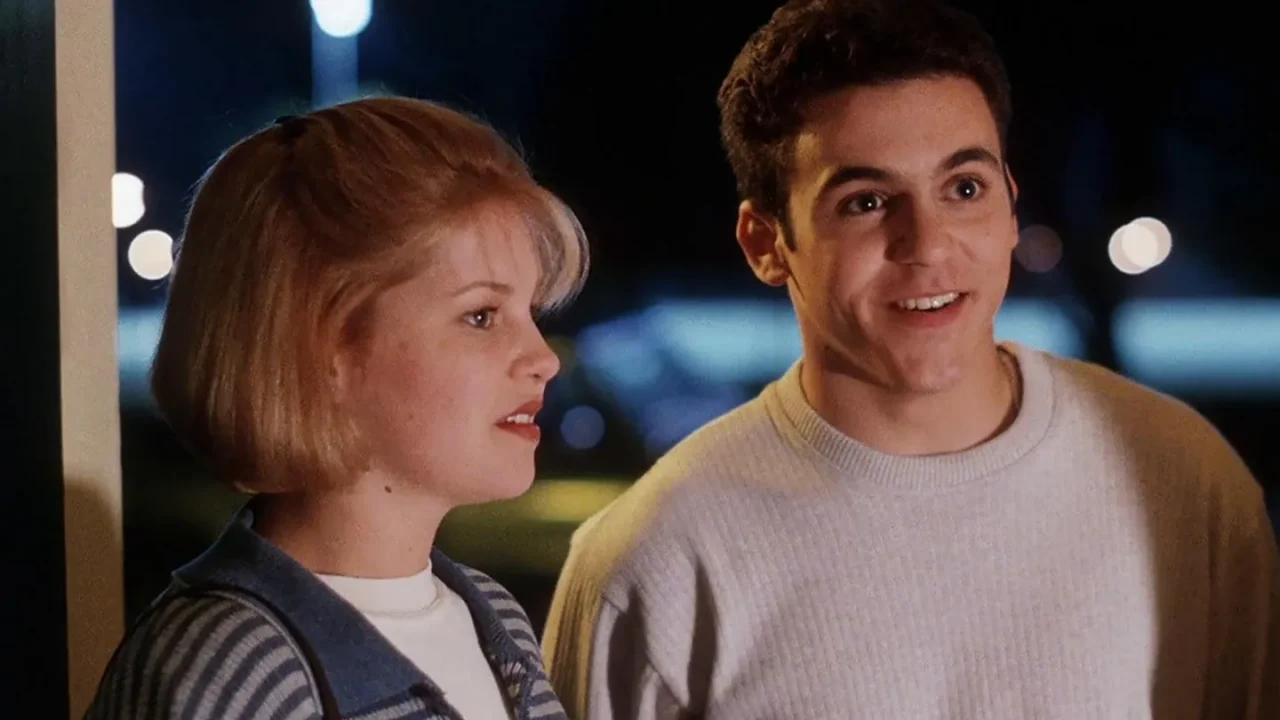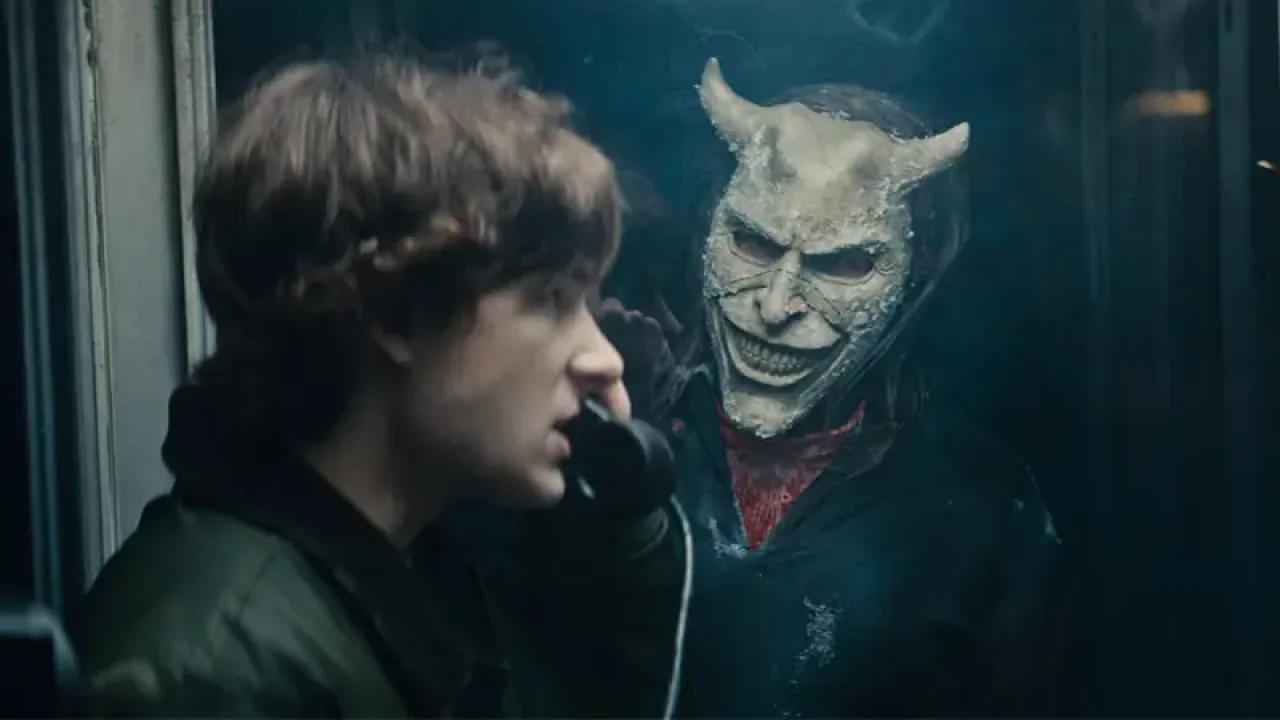Those who watch the films of the filmmaker Wes Anderson chronologically will notice that there is a considerable change in tone in the American’s cinema in Isle of Dogs. The tone became more existential, with sharper dialogues. This increased in The French Dispatch and reached its peak in Asteroid City — all this, probably, due to the partnership with screenwriter Roman Coppola, son of Francis Ford. Now, he insists on this language with the new The Phoenician Scheme, the weakest of this informal quadrilogy.
The feature film tells the story of a billionaire magnate (Benicio Del Toro, brilliant as always) who, after several assassination attempts, decides to reconnect with his daughter (Mia Threapleton, daughter of Kate Winslet) so she can help him realize a series of extravagant projects — these are the schemes of the title — in a region little explored by man. He assures that it will be guaranteed profit for 150 years.
The Phoenician Scheme, a Divided Film
Quite schematic and with a raw division of chapters, The Phoenician Scheme is a film that seems uninterested in discussing an idea or feeling, like Isle of Dogs discusses friendship, loyalty, and loneliness or, then, Asteroid City talks about grief.
In essence, it is a film that lacks a clear objective or idea from start to finish. There are visual boldnesses by Anderson here, especially regarding violence, but it falls short of the creative brilliance of Asteroid City, when the American questioned, in a compelling manner, how depressive feelings can affect a person or community. The sentimental strength of these other works disappears to give way to a calculated, almost cold plot, where an equation on the screen seems to solve the dilemmas.
There are some moments that approach a deeper discussion, however. An example materializes with Del Toro’s sequences in the sky, questioning the concept of finitude and faith. In press conferences during Cannes, the director also mentioned how the focus and heart of the story is understanding the transformation of a man and how he relates to his family. All this, however, appears scattered in a script that never finds itself. It zigzags, fulfilling functions, to skirt around the ideas.
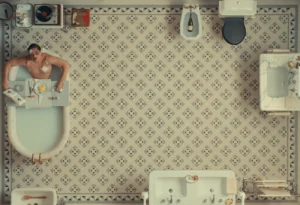
Still Wes Anderson
It would be unfair to say, however, that The Phoenician Scheme is an apathetic film for these reasons. On the contrary. Despite the lack of focus and more concrete ideas, wandering in an ethereal world that never materializes, the feature film has heart. It is still that Wes Anderson of emotional and charming stories like Moonrise Kingdom.
The humor is as sharp as not seen since The Grand Budapest Hotel and there is extra care with the cast, which helps humanize this almost frigid story. Especially Del Toro, this complete actor who deserved much more attention for his work in Hollywood.
The Phoenician Scheme is not bad, perhaps just disappointing after such a precise film as Asteroid City. Obviously, Wes Anderson fans will be excited by the striking visuals and the collaboration, once again, with big names in the industry. However, it is difficult to remain unaffected by the bitter taste of having a noticeably inferior plot, lacking the life and brilliance of previous titles — especially when we talk about Wes Anderson, this filmmaker who has built his own cinema with a very particular brilliance.




